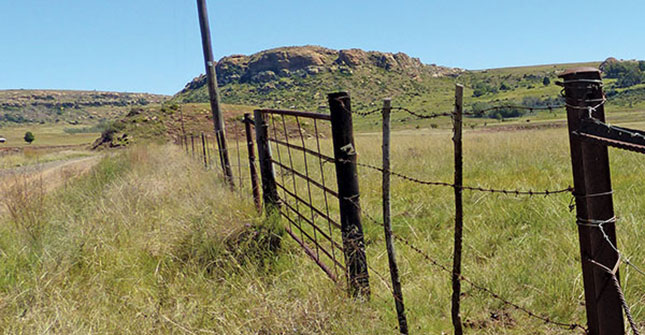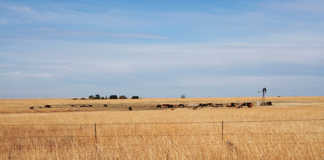
This was according to Roy Jankielsohn, DA leader in the province. He said indications were that of the R45 million allocated to the Free State in 2016 to assist farmers, R4,1 million was paid to agents.
“As usual the Free State government has followed a ‘Big Brother’ approach based on the principle of ‘cadres eat first’ during the drought that is devastating our rural communities,” said Jankielsohn.
The Free State Department of Agriculture and Rural Development has noted with concern the claims made by Jankielsohn, according to department spokesperson Zimasa Leputla.
“It’s very surprising that Mr Jankielsohn seems not to know the processes to appoint service providers. The selection of implementing agents was done by means of a tender process. The tender procedure was advertised and was open to whatever companies wanted to apply. A number of companies applied and three were appointed. All three companies are from the Free State and not Limpopo and North West as incorrectly stated by the DA,” said Leputla in a statement.
Jankielsohn said the appointment of the implementation agents was shrouded in mystery. The opposition in the Free State government found it virtually impossible to ascertain how these agents were selected and appointed. It was also not known how many of the agents were operating in the province.
What was known is that the agents were appointed as service providers of some sort.
“Say, for instance, the local government allotted R40 000 for the construction of a shearing shed on a new farmer’s land. The implementation agent is then contracted to build the shed at a fee of 10% of the total amount allocated for the construction of the shed. In many cases the work done by the implementation agents was of poor quality,” said Jankielsohn.
The R45 million rand was meant to assist farmers affected by drought, and included funds for boreholes, water reticulation as well as fodder. The implementing agents were entitled to a 10% management fee, which went towards administration-related work, said Leputla.
If any farmers were dissatisfied with the work done by the agents, they needed to furnish the department with the relevant information, she said.












